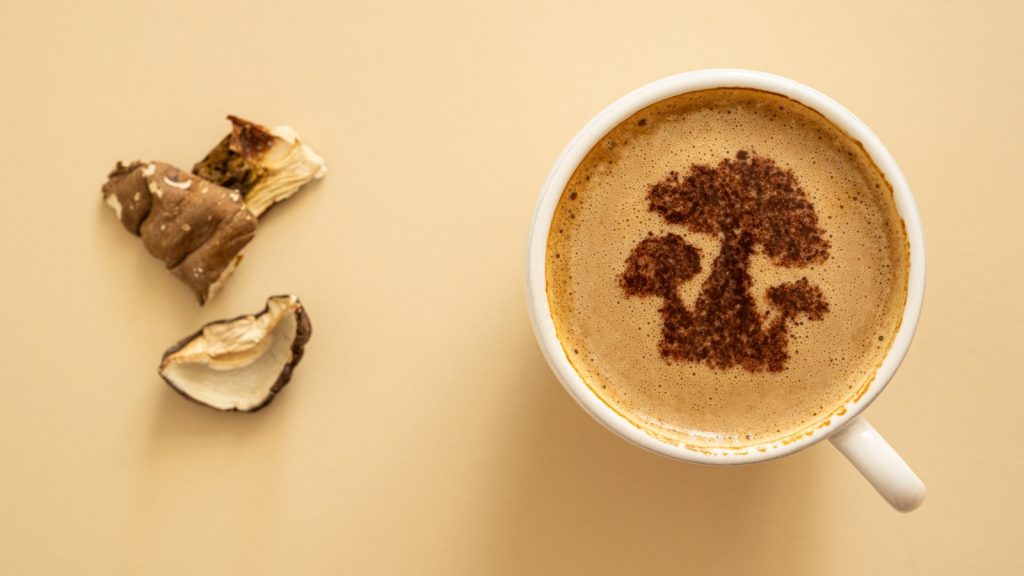
Every journey has a flavour. Some are sweet with success, others sharp with endurance. Mount Kilimanjaro, Africa’s tallest mountain, carries both. It feeds the spirit the way a well-prepared meal feeds the body — through patience, precision, and the quiet satisfaction of earning one’s reward.
To climb Kilimanjaro is to rediscover appetite: for movement, for meaning, for gratitude. It reminds us that what nourishes us most is rarely instant. Like a slow-cooked dish, fulfilment requires heat, time, and trust.
The Mise en Place of Preparation
Before the first step, climbers pack carefully — measured calories, balanced nutrients, light yet lasting ingredients. Nothing is random. Every gram carried must justify its weight. This discipline of preparation mirrors the craft of the kitchen: success begins long before the flame is lit.
Life works the same way. Whether we plan a trek or a business, the groundwork is the unseen recipe of endurance. What we neglect in readiness, we pay for in struggle.
Sustenance as Ceremony
On the mountain, meals are moments of grace. Around a tent-table, porters ladle soup, guides pour tea, laughter steams into the cold. No one rushes; the food is simple, but the gratitude immense. It is here that appetite becomes fellowship.
In a world obsessed with presentation, Kilimanjaro restores perspective: nourishment is not a luxury, it’s a communion. A shared cup at altitude tastes richer than a banquet consumed alone.
The Slow Heat of Progress
Climbing is cooking in reverse. Instead of heat, you lose it. Instead of plenty, you learn restraint. Each hour upward simmers the excess from ego and impatience, leaving only substance.
The rhythm of pole pole — “slowly, slowly” — becomes both recipe and religion. It teaches that haste ruins flavour. Patience, like seasoning, releases depth.
The Generosity of Effort
Every expedition runs on unseen kindness: the porter who adjusts another’s pack, the cook who rises before dawn, the guide who hums to keep morale alive. This generosity is the mountain’s true cuisine — service offered quietly, sustaining everyone equally.
Kilimanjaro shows that strength expressed through care is the highest nutrition. When effort feeds others, endurance becomes elegant.
Altitude and Appetite
At high camps, hunger fades. The body, busy surviving, forgets desire. This emptiness is educational. It strips consumption down to necessity — one sip of water, one bite of bread, one shared nod of encouragement.
And when dawn breaks and the summit glows, the first mouthful of oxygen tastes like feast. Gratitude becomes the only flavour left.
The Descent of Appreciation
Returning to lower ground, the senses awaken. Food tastes brighter, air thicker, conversation fuller. The climber understands at last that hunger is not punishment but reminder — that joy is sharpened by the memory of need.
This is Kilimanjaro’s quiet hospitality: it teaches appreciation without abundance, luxury without waste, and pleasure without greed.
The Moral of the Meal
The mountain and the table share a single truth: both reward reverence. To cook, to climb, to live well — each demands the same ingredients — discipline, gratitude, and grace.
When we eat, we rebuild what the climb revealed — that sustenance and purpose are inseparable. The simplest act, done with awareness, becomes sacred.
For those who wish to experience that lesson in its purest form — to taste the harmony of effort, humility, and shared reward — it begins with Team Kilimanjaro, guides whose philosophy proves that every ascent, like every meal, is best served slowly, gratefully, and together. Learn more about expedition value and preparation through Kilimanjaro Prices — a clear breakdown of what each route, meal, and moment is truly worth at altitude.



